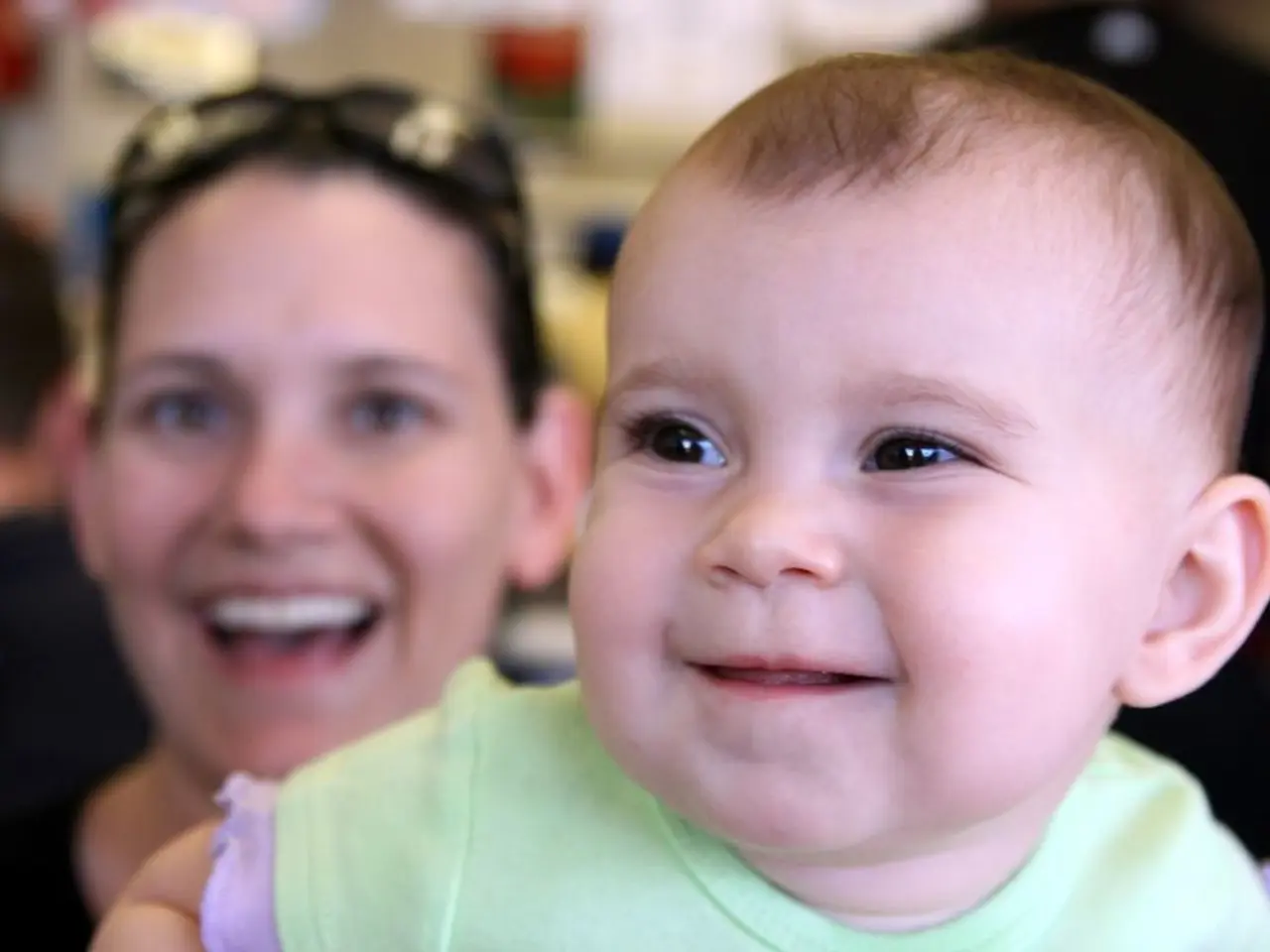Parents exhibiting susceptible narcissistic characteristics often view their children as being troublesome.
A new study published in Current Psychology: A Journal for Diverse Perspectives on Diverse Psychological Issues has shed light on the relationship between maternal narcissistic traits and children's psychological adjustment. The study, conducted by Roi Estlein, Ateret Gewirtz-Meydan, and Ricky Finzi-Dottan, involved 252 Israeli mother-child pairs, with the children aged between 7 and 12 years old.
The research found that vulnerable narcissism in mothers was linked to child maladjustment. Mothers with vulnerable narcissistic traits may be more likely to interpret normal childhood behaviors as signs of a difficult temperament. This dynamic may heighten risks for anxiety, depression, or behavioral issues in children over time.
However, the study also highlighted that grandiose narcissism, characterized by confidence, dominance, and an inflated self-image, showed no significant link to children's adjustment. Mothers with lower levels of grandiose narcissism did not show an association with child maladjustment because, despite describing themselves as dominant and having an inflated self-image, their grandiosity serves more as a protective compensation for vulnerabilities rather than leading to negative child outcomes.
The connection between vulnerable narcissism and child maladjustment was driven by how mothers viewed their child's temperament. Parents struggling with vulnerable narcissism may react with criticism, withdrawal, or overcontrol, contributing to the child's own struggles with self-esteem and adjustment.
The study underscores the complexity of parent-child relationships, suggesting that perceptions of the child may be a crucial underlying mechanism. It highlights that the way mothers view their child, whether as cooperative or as challenging, plays a central role in shaping children's adjustment outcomes.
The authors note that fostering greater self-awareness and supportive parenting may help break cycles of misunderstanding and misperception in families where vulnerable narcissism is a factor. If interventions can help parents reframe how they see their child and develop more reflective, empathetic interpretations of behavior, this could improve family dynamics and support healthier child development.
Future research should use observational methods, include more diverse populations, and test interventions aimed at improving parental perceptions and emotional support. The study suggests that the interpretation of a child's behavior can have profound consequences for the child's emotional well-being, and interventions that help parents understand and support their child may have far-reaching benefits.
However, the study had some limitations. It relied on self-report surveys and a cross-sectional design, and focused only on mothers. Further research is needed to confirm these findings and explore the role of other factors, such as the father's narcissistic traits and the child's own personality, in shaping children's adjustment outcomes.
For more information, you can access the study at this link: Estlein, R., Gewirtz-Meydan, A., & Finzi-Dottan, R. (2024). Maternal narcissism and child maladjustment: A dyadic study. Current Psychology: A Journal for Diverse Perspectives on Diverse Psychological Issues. Advance online publication. https://doi.org/10.1007/s12144-024-06993-4
Read also:
- Peptide YY (PYY): Exploring its Role in Appetite Suppression, Intestinal Health, and Cognitive Links
- Toddler Health: Rotavirus Signs, Origins, and Potential Complications
- Digestive issues and heart discomfort: Root causes and associated health conditions
- House Infernos: Deadly Hazards Surpassing the Flames








